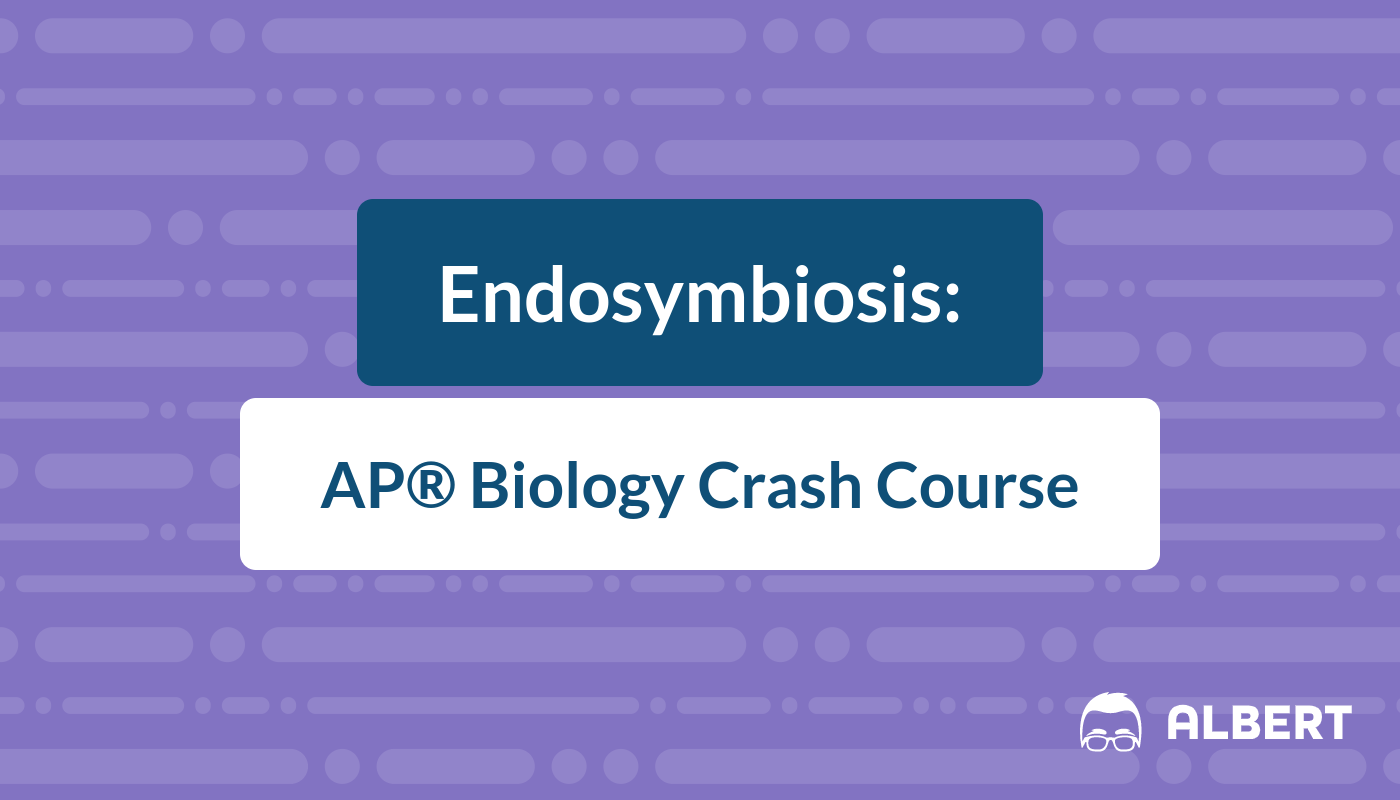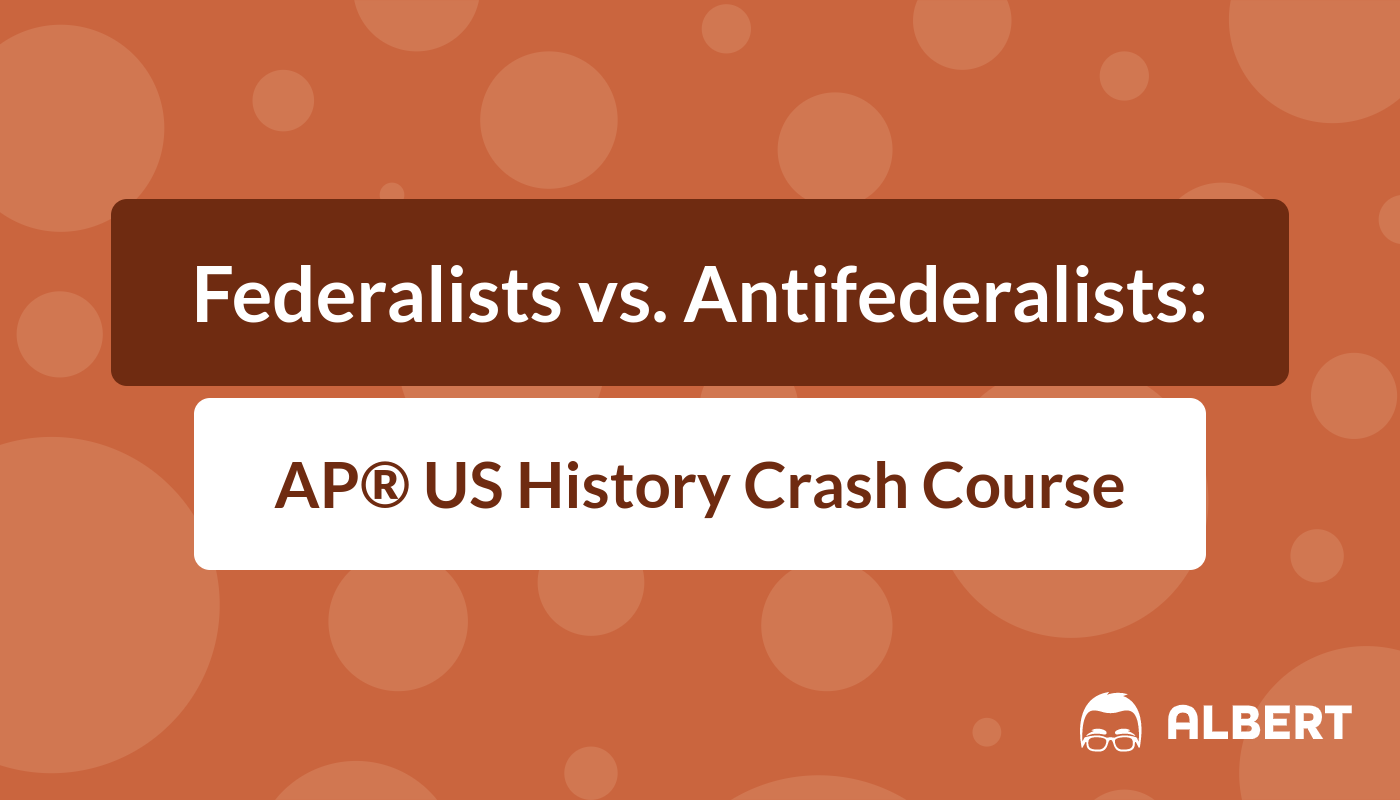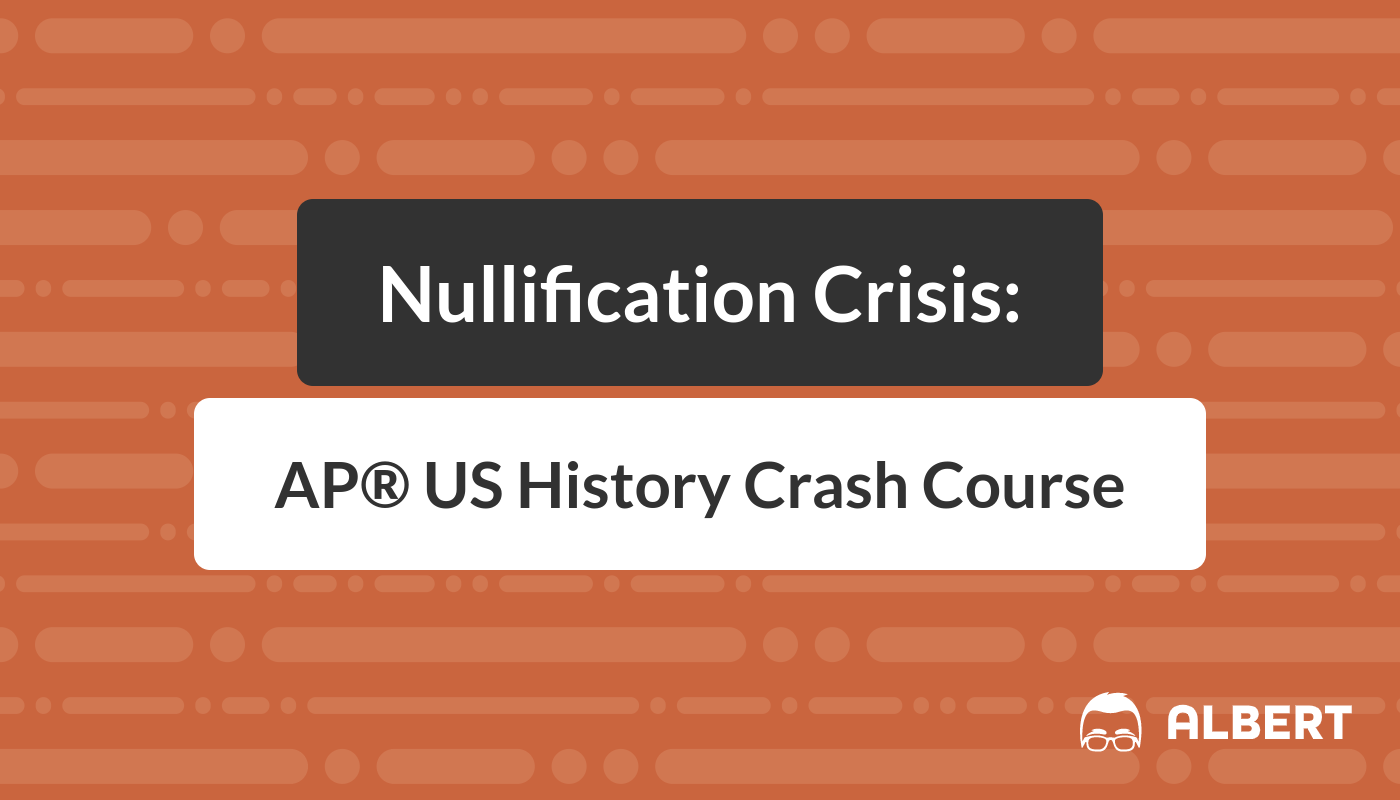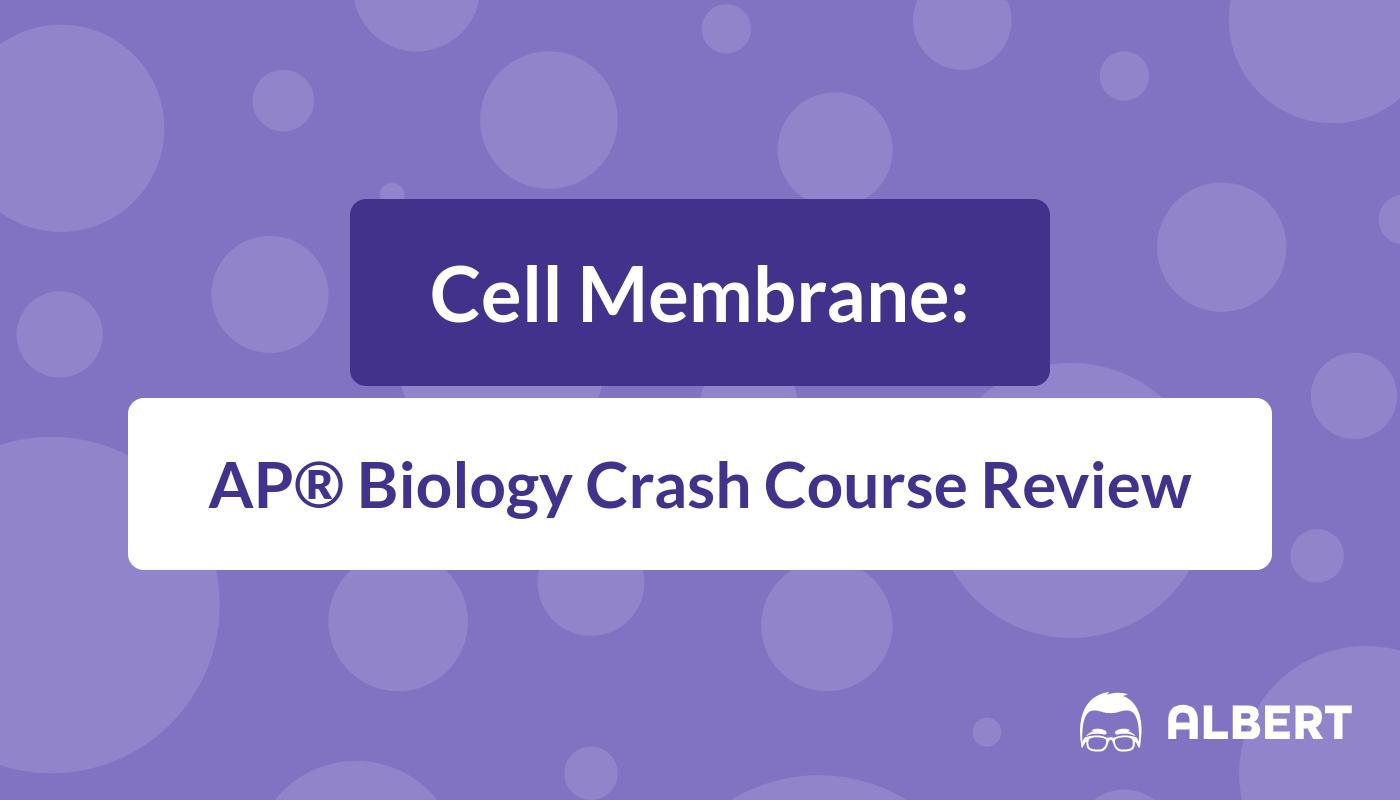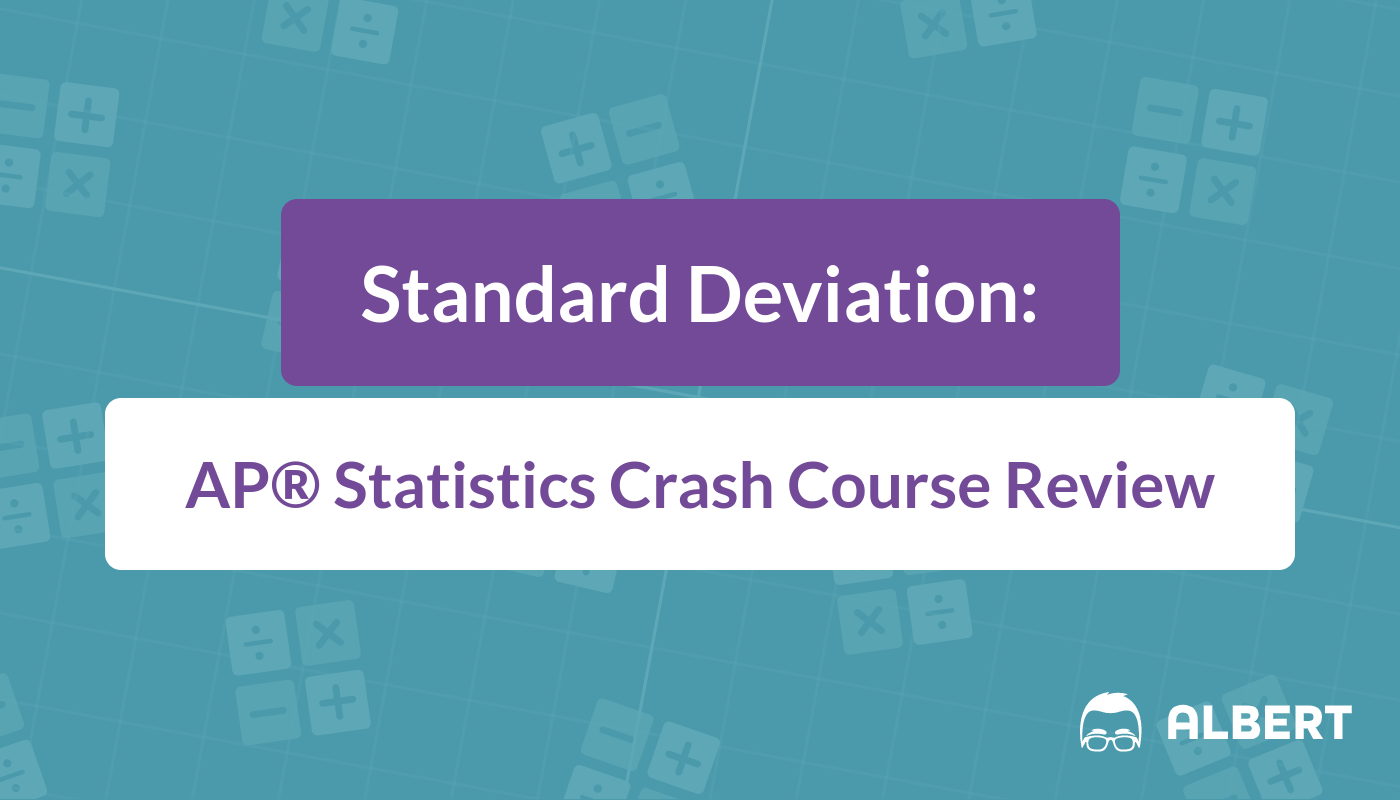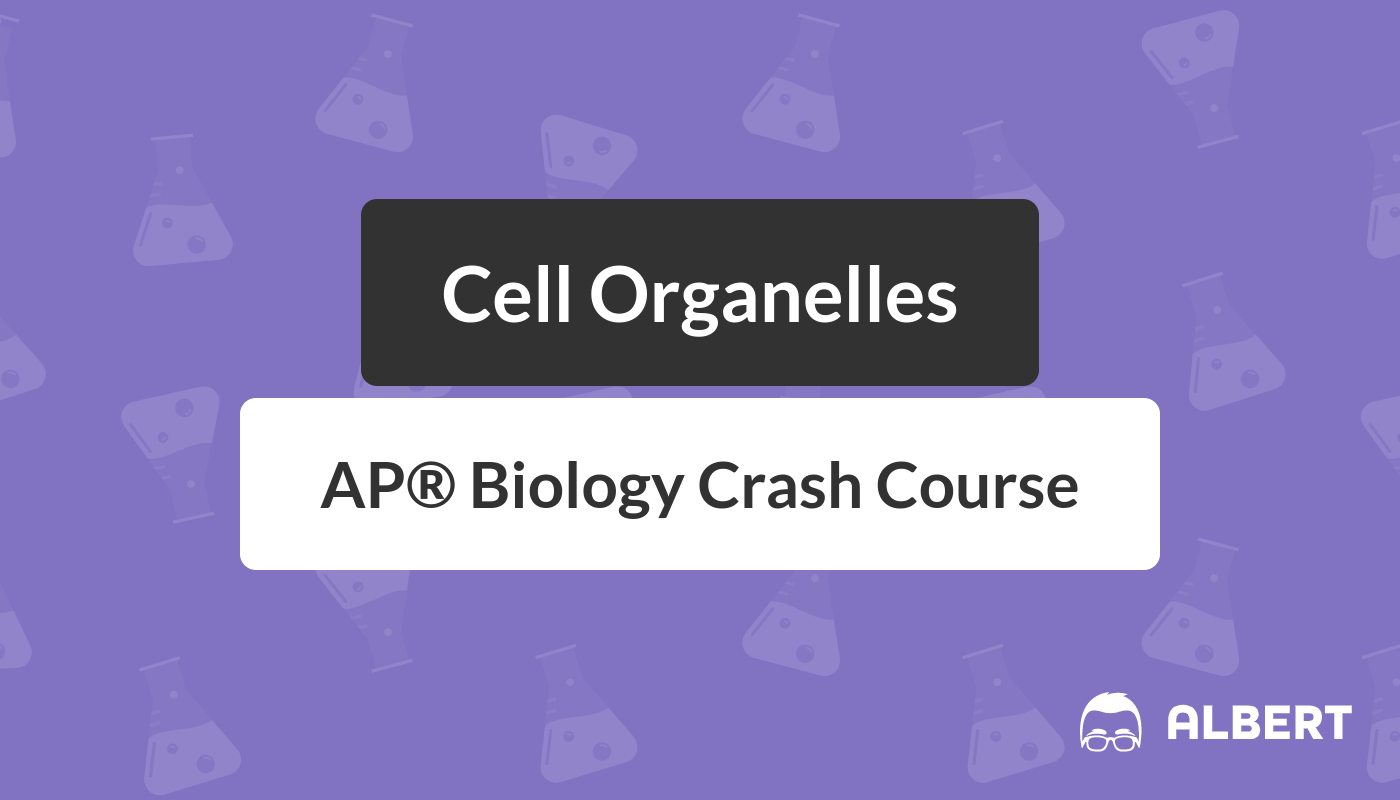Open Door Policy: AP® US History Crash Course
The AP® US History exam covers centuries of topics, policies, trends, and events, and you need to have a solid working knowledge all of them in order to score well. However, you don’t need to be an expert on every battle, law, and political debate. The most important things to know on each topic for the APUSH test are what it is, its historical context or setting, and why it is important in the scope of US History. In this AP® US History crash course, we will review those aspects of Open Door Policy.


